Environmental and Synthetic Biology Group
The environmental and synthetic biology group in OSCAR is co-led by Professor Ian Thompson and Professor Wei Huang. The research interests of this group include development of biotechnologies for biosensing pollutants and microbial transformation of industrial and green waste to high value chemicals, stimulating microbial cleanup of industrial wastewaters, controlling antibiotic-resistant bacteria and utilization of carbon dioxide (CO2). Specifically, physical, chemical and biological approaches are to be employed including biosensors, SimCells, ultrasonic gene transfer and single cell Raman spectroscopy.
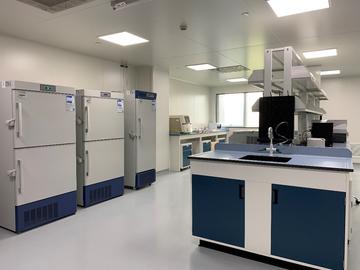
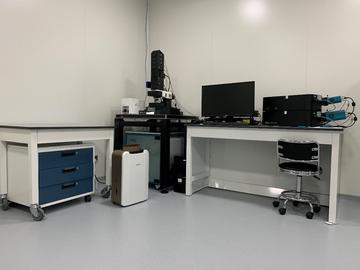
Principal Investigators
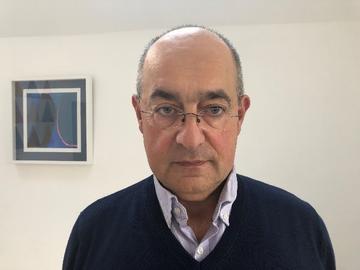
Ian Thompson
Professor in Department of Engineering Science, University of Oxford
Fellow of St Edmund Hall College, University of Oxford
Honorary Professor in Institute of Urban Environment, CAS
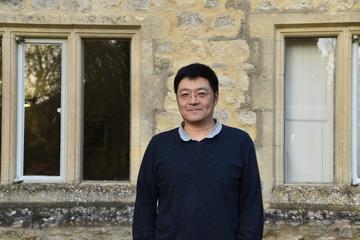
Wei Huang
Associate Professor in Department of Engineering Science, University of Oxford
EPSRC Fellow on Synthetic Biology
Fellow of St Edmund Hall College, University of Oxford
Visiting professor in Beijing Normal University, Beijing Genomic Institute (BGI) and the Chinese Academy of Sciences (CAS)
Group member:
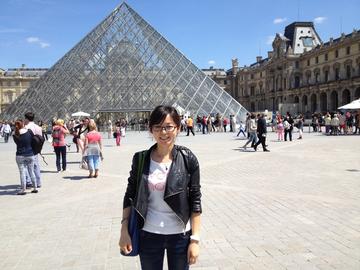
Yun Wang
Senior Research Scientist
Research interests: Biosensor application for environmental monitoring; Single cell Raman spectroscopy for antimicrobial resistance study
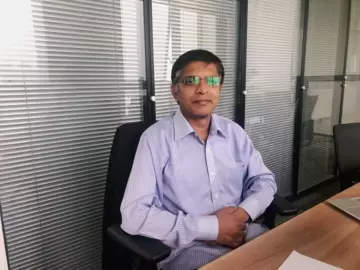
Muhammad Irfan Arif
Research Scientist
Research interests: Industrial wastewater treatment; Transformation of organic wastes and CO2 emissions into high value products; Bioremediation

Mengmeng Ji
Research Technician
Research interests: Single cell genomics and metagenomics analysis; Biosensor application
Research
Environmental Biotechnology and Synthetic Biology Laboratory
The research focus will be on the environmental clean-up of soil and water, monitoring and pollution prevention with particular emphasis on industrial effluent, treating recalcitrant waste streams and bio-manufacturing biofuels. Technologies will be developed to enable wastewater remediation on site, with recovery of polluting elements (such as high value metals). In addition to microbiological processes, we use physical and chemical applications such as redesigning of anaerobic digesters for increased efficiency of bioconversion and employing of ultrasound and nanomaterials to optimize engineered microbial processes. Further scale-up for commercial applications is performed in collaboration with the industry. Synthetic biology approaches will be used to develop novel organisms which can convert organic components to electricity and high value products such as bioplastics and biofuels.
Cell Design Laboratory
Our group here aims to establish a novel bioengineering platform for synthetic biology - Simple Cell (SimCell). A SimCell is a genetically reprogrammable “artificial cellular machine”, or ‘bio-robot’, performing advanced bioengineering functions in an easy-to-use, safe-to-handle, and reliable-to-build manner. SimCells are non-dividing, biochemically active and designable smart bioparticles, potentially making them acceptable to deploy at public domain and avoiding the risk of living genetically modified organisms (GMOs). These semi-artificial SimCells will provide a bottom-up platform and will have enormous potential for applications in cancer treatment, vaccines, bacterial diagnosis/therapy, biofuels, bio-pesticides, biocatalyst for solar-panel and smart materials for biomanufacturing.
Single Cell Biology Laboratory
A single cell Raman spectrum is a chemical ‘fingerprint’ of a cell. Prof. Wei Huang is one of the pioneers on single cell Raman biotechnology, developing Raman-stable isotope probing (Raman-SIP), Raman-fluorescent in-situ hybridisation (Raman-FISH) and Raman activated cell sorting (RACS) systems, making the single cell Raman technology a powerful tool for environmental microbiology, microbiome, cancer diagnosis, disease diagnosis and cell sorting. We will apply all these techniques to characterise cell function and link phenotypes to genotypes of single cells and single cell genomics will be employed for analysis of environmental and gut microbiome. Currently, collaborating with Chinese hospitals and industry, we have applied the single cell Raman technology for developing rapid diagnosis of Antimicrobial Resistance (AMR).



